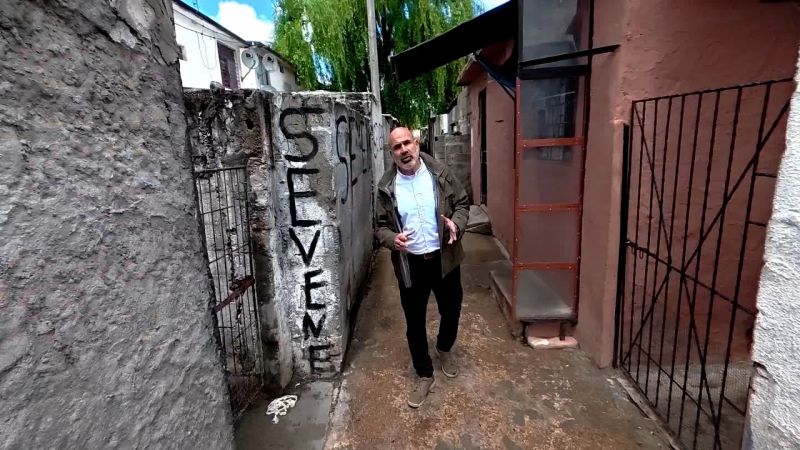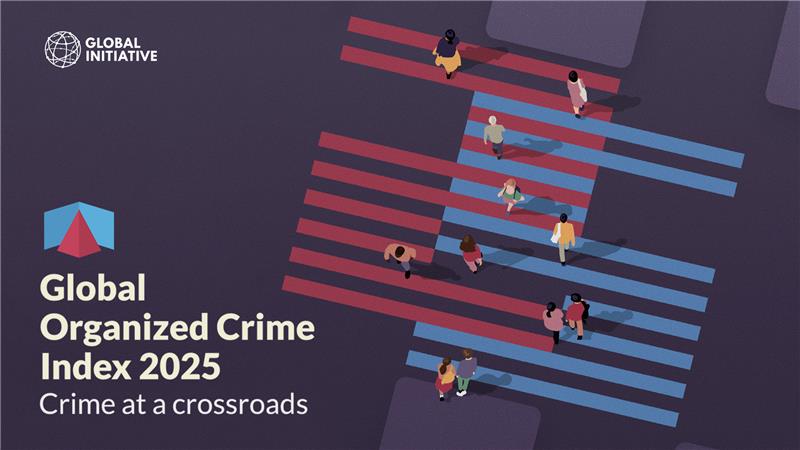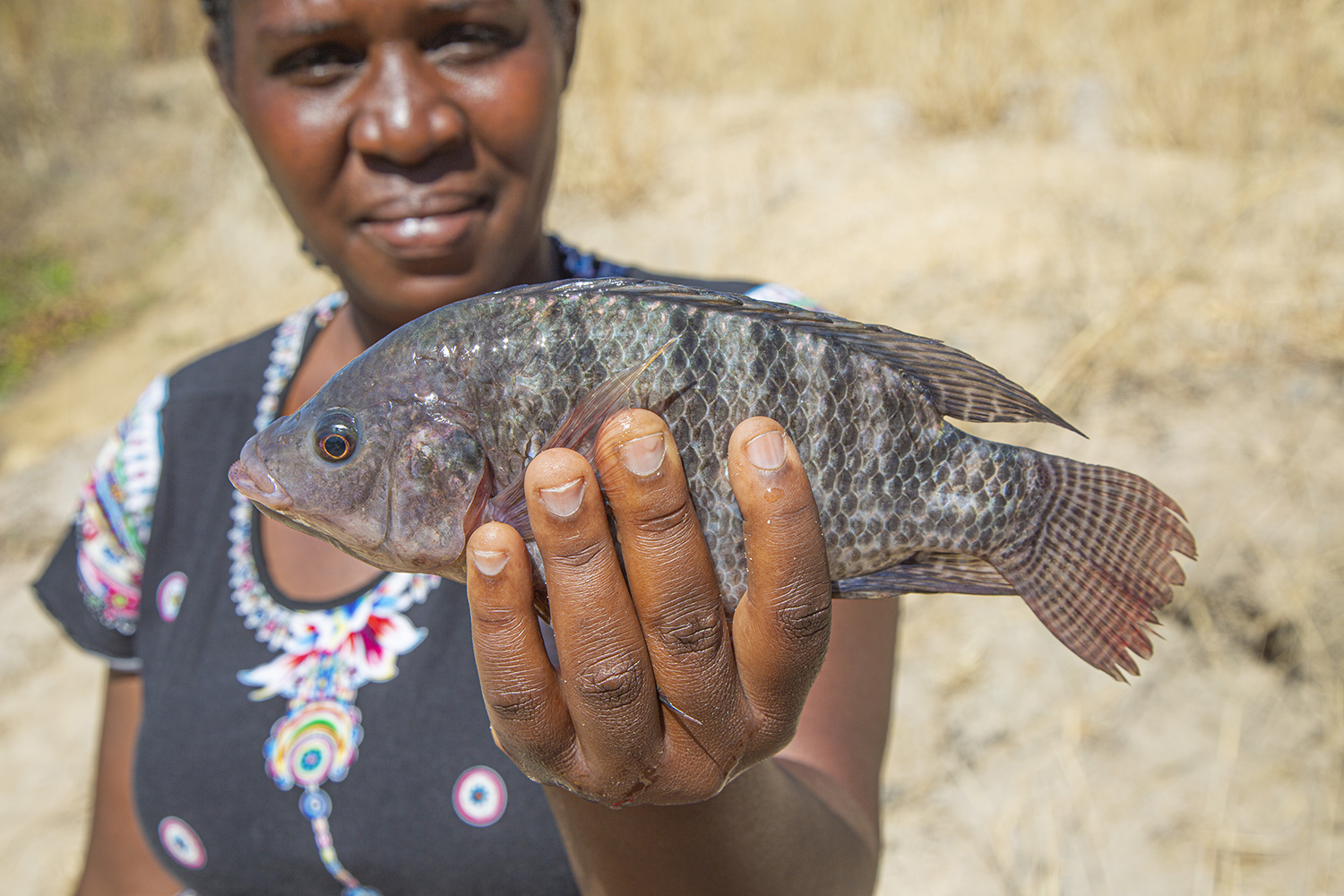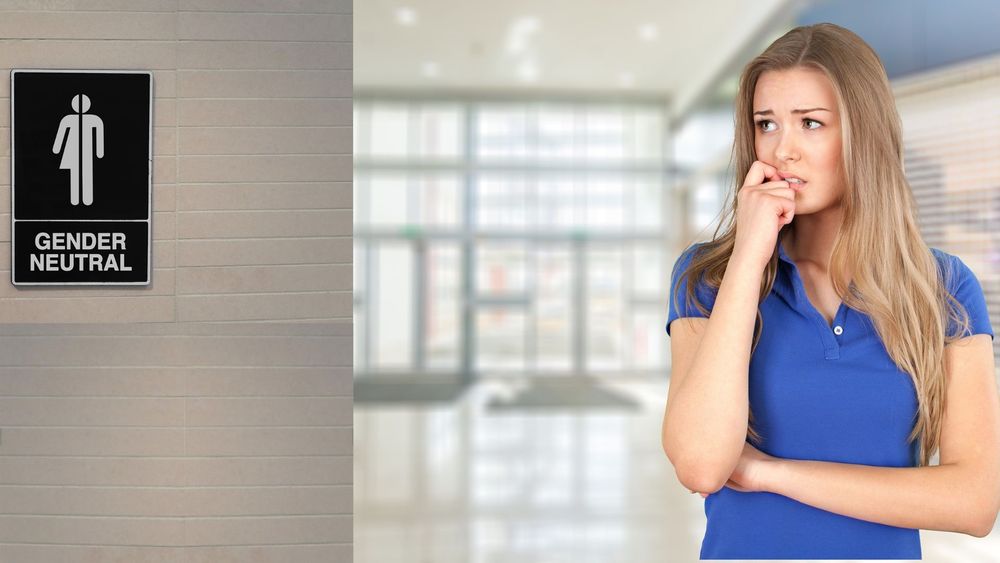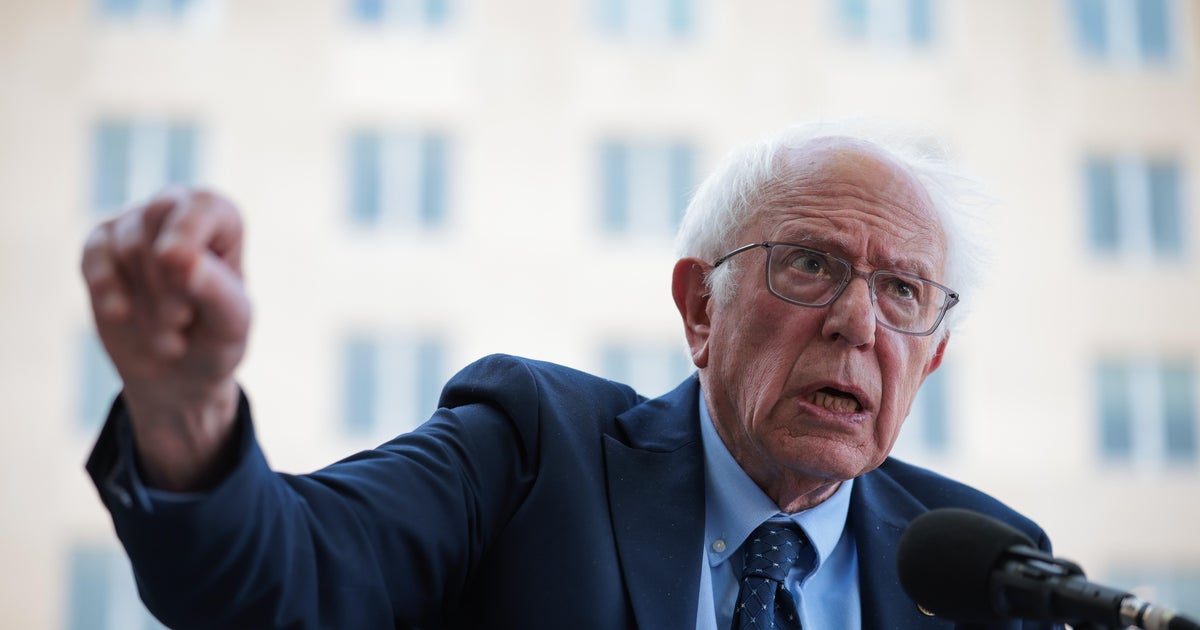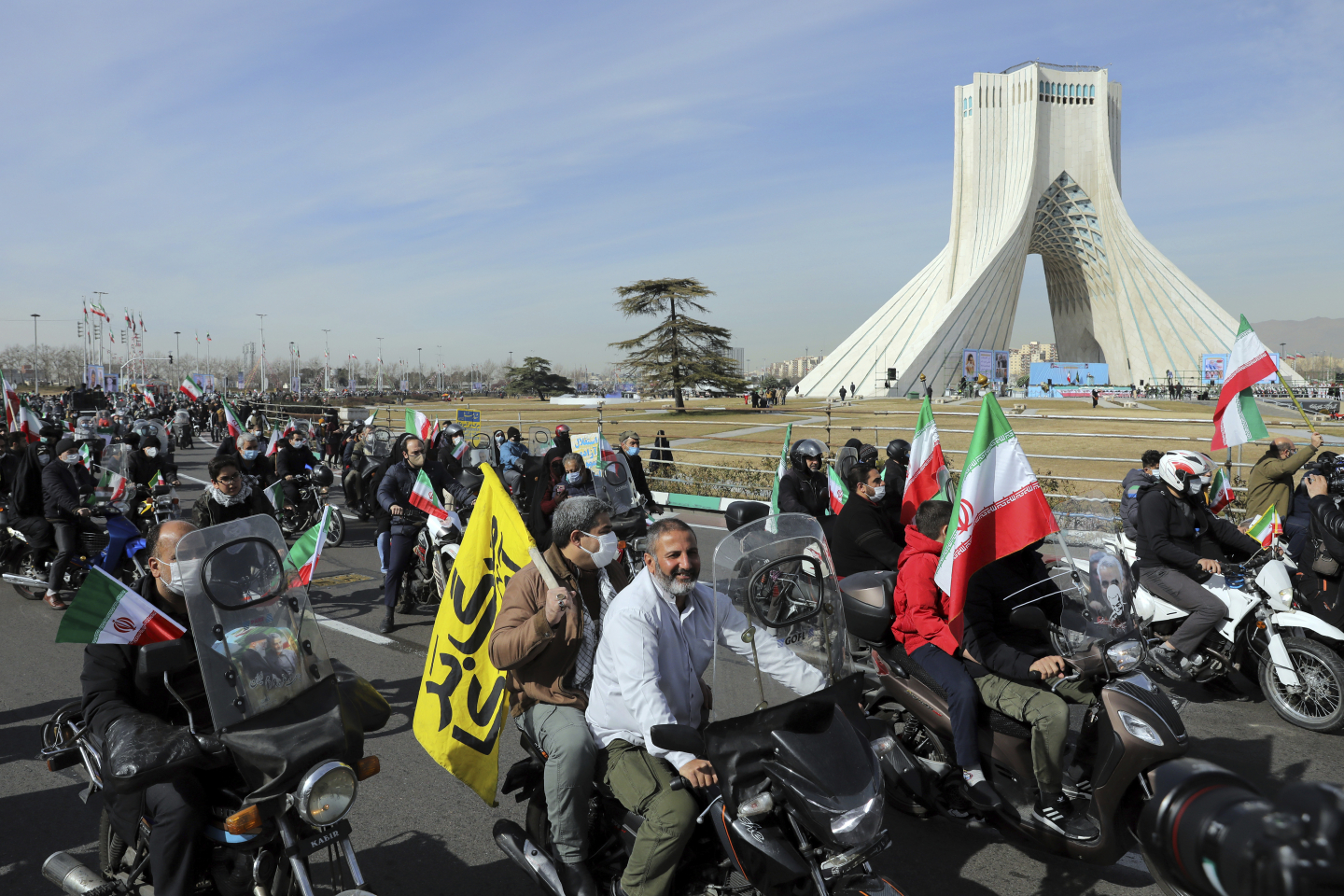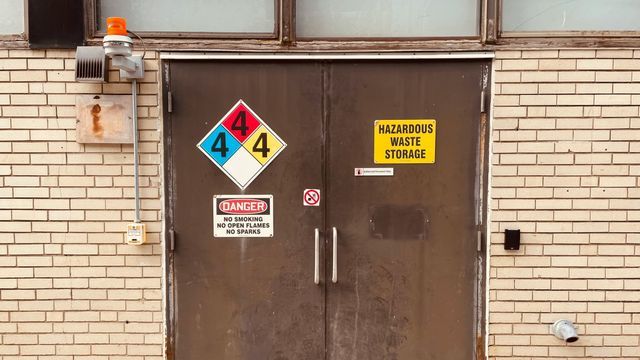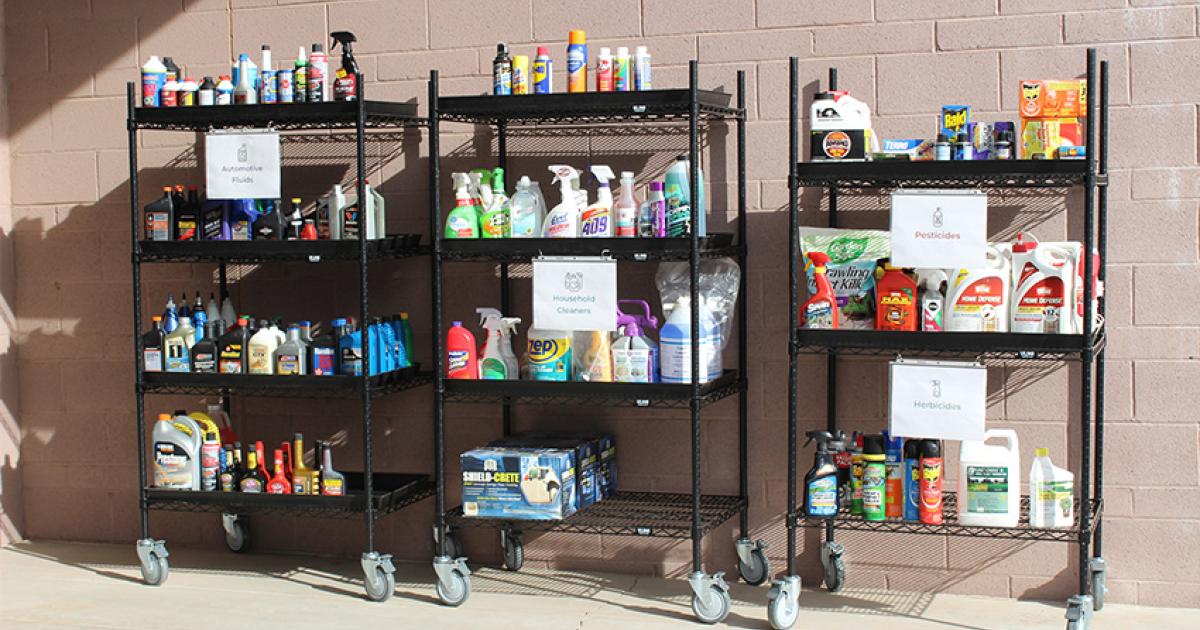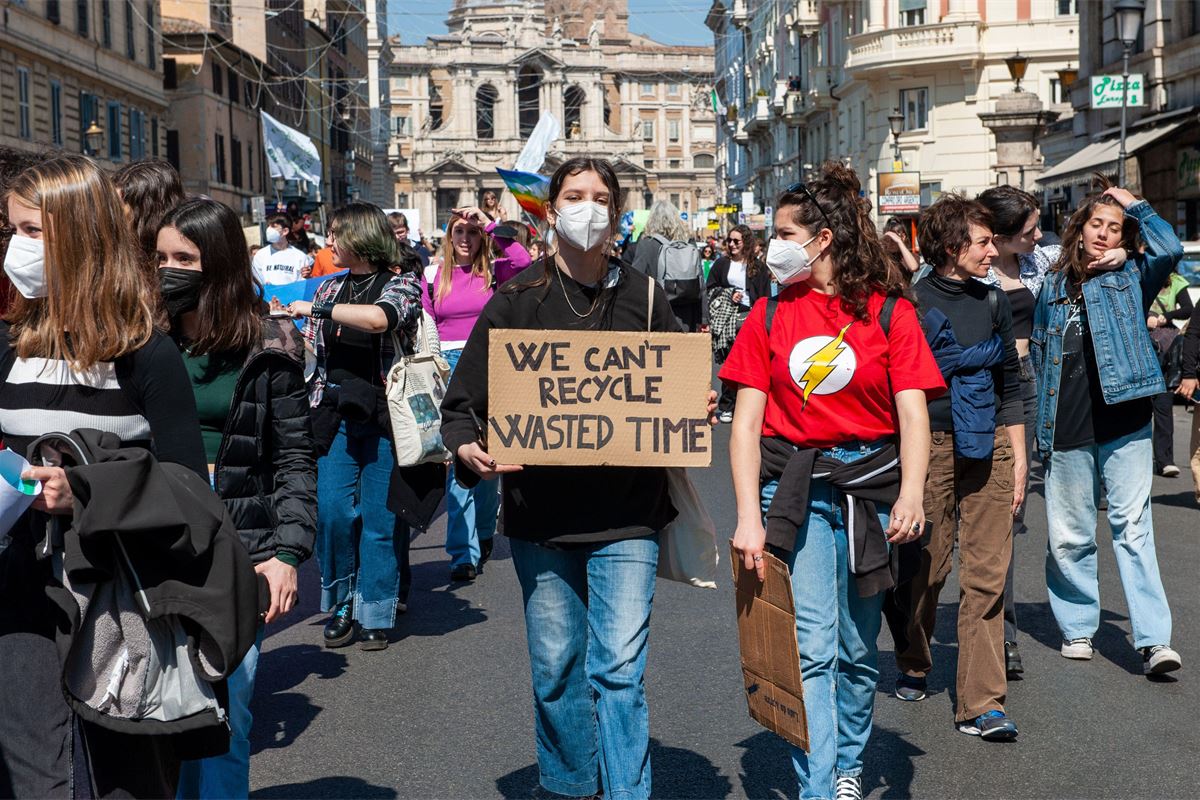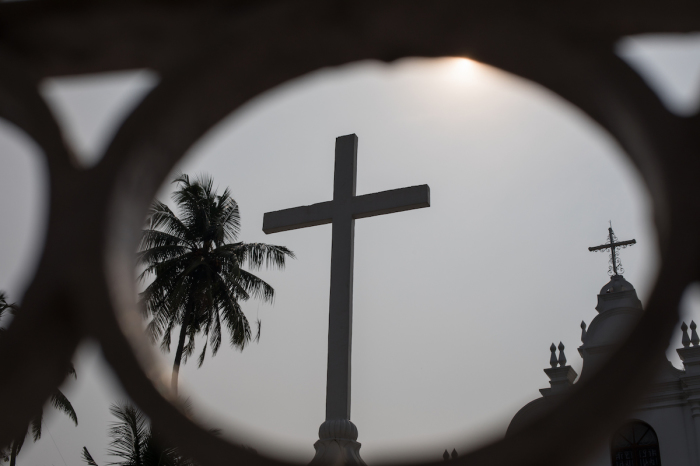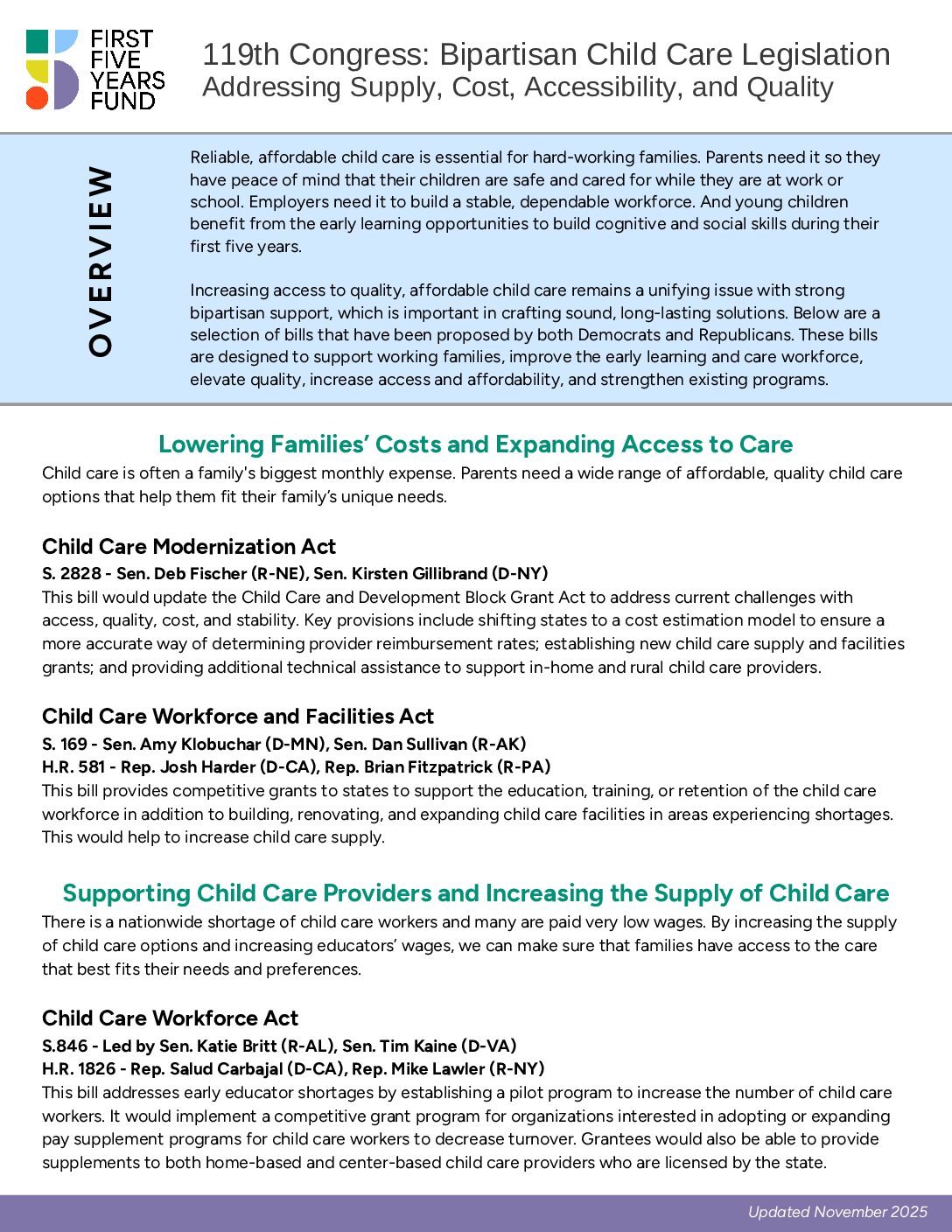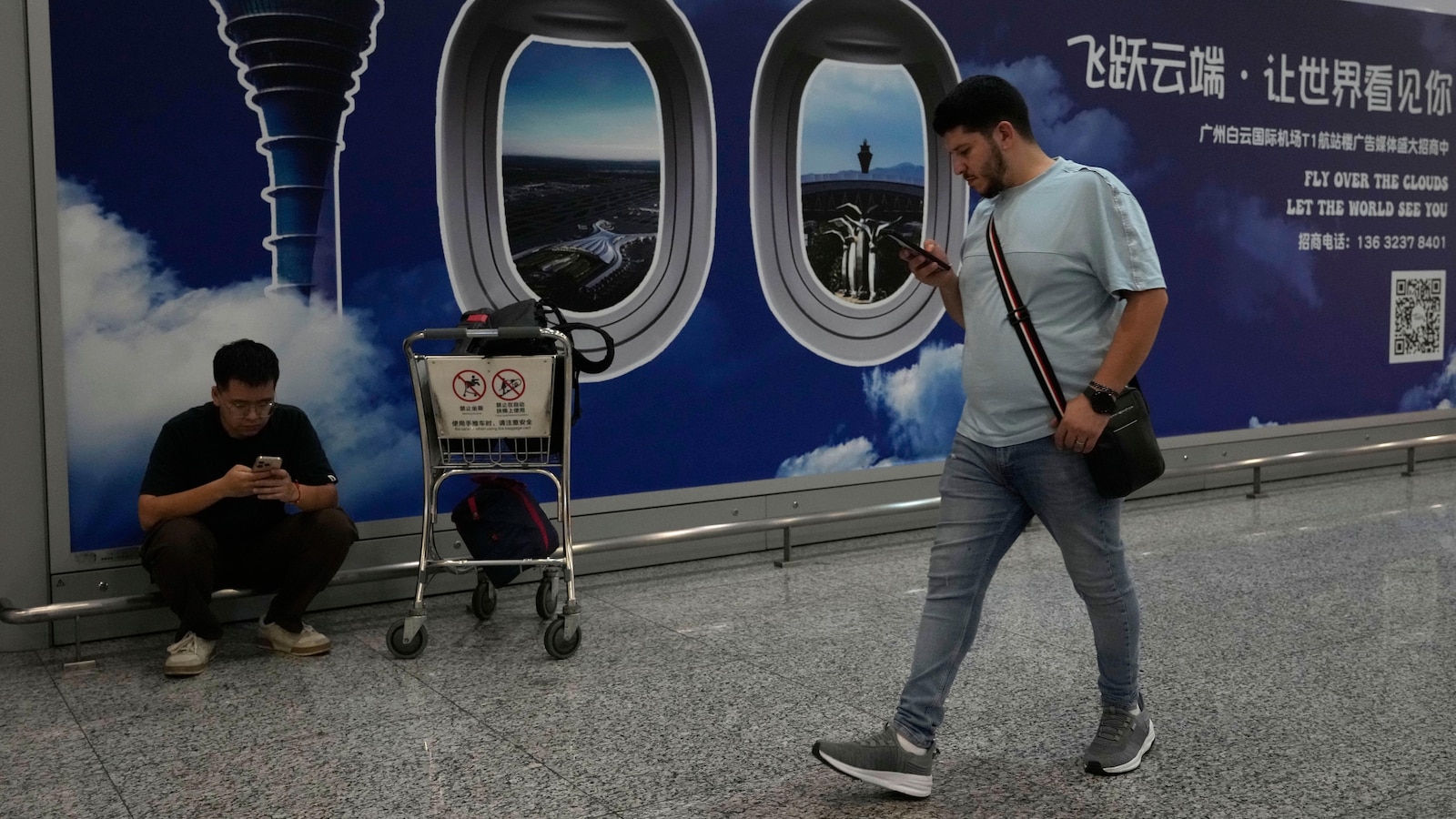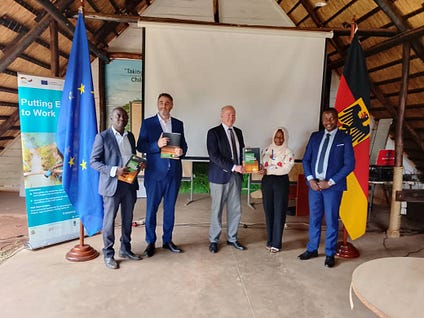WFTU Statement on the Anniversary of the Attack on the Moncada Barracks – wftucentral.org

Report on the World Federation of Trade Unions’ Statement Regarding Cuba and the Sustainable Development Goals
Introduction
The World Federation of Trade Unions (WFTU) issued a statement commemorating the 72nd anniversary of the July 26th attack on the Moncada Barracks in Cuba. The statement analyzes the legacy of the Cuban Revolution in the context of contemporary global challenges, with significant implications for the United Nations’ Sustainable Development Goals (SDGs). The WFTU position highlights Cuba’s achievements in social development while condemning external pressures that impede its progress toward these goals.
Analysis of Cuba’s Alignment with Key Sustainable Development Goals
Social Development Achievements
The WFTU report identifies several areas where Cuba’s state policies have resulted in significant progress on the SDGs, which serve as a model for other nations. These achievements are presented as outcomes of a socio-economic system focused on human needs rather than profit.
- SDG 3: Good Health and Well-being: The statement emphasizes Cuba’s provision of universal healthcare as a cornerstone of its revolutionary achievements.
- SDG 4: Quality Education: The provision of free and universal education is cited as another key success, directly contributing to SDG 4.
- SDG 10: Reduced Inequalities: The WFTU posits that Cuba’s socialist framework actively works to reduce internal inequalities, contrasting it with what it terms “brutal inequality” in other economic systems.
International Cooperation and Partnerships
Cuba’s role in global cooperation is highlighted as a practical application of international solidarity, directly supporting global efforts to achieve the SDGs.
- SDG 17: Partnerships for the Goals: The report notes Cuba’s practice of sending doctors, teachers, and aid to other nations in need. This is framed as a tangible contribution to global partnerships, fostering peace and mutual respect to advance shared development goals.
Impediments to Sustainable Development: The U.S. Blockade
Economic and Social Impact
A central focus of the WFTU’s report is the condemnation of the economic blockade imposed by the United States. The federation asserts that these sanctions constitute the primary obstacle to Cuba’s full realization of the SDGs.
- SDG 1 (No Poverty) and SDG 2 (Zero Hunger): The blockade is described as a form of “economic suffocation” that directly undermines Cuba’s ability to ensure access to food and essential goods, thereby exacerbating conditions of poverty and food insecurity.
- SDG 3 (Good Health and Well-being): The report explicitly states that the sanctions deprive the Cuban people of access to essential medicines and energy, severely hampering the nation’s capacity to maintain its otherwise robust public health system.
- SDG 8: Decent Work and Economic Growth: The ongoing blockade is presented as a direct assault on Cuba’s economic sovereignty and its ability to pursue sustainable economic growth and provide decent work for its citizens.
Political and Institutional Obstacles
The WFTU also addresses political actions that undermine international law and cooperation, further hindering Cuba’s development.
- SDG 16: Peace, Justice and Strong Institutions: The continued inclusion of Cuba on the U.S. list of “state sponsors of terrorism” is condemned as a false and cynical act of political aggression. The WFTU argues that this designation obstructs justice and peaceful relations. The call for the return of Guantanamo and respect for Cuban sovereignty are framed as necessary steps to uphold international law and achieve SDG 16.
WFTU Call to Action for International Solidarity
In its concluding remarks, the WFTU reaffirms its solidarity with Cuba and issues a formal call to action to its global affiliates and partners. The demands are presented as essential for upholding international law and enabling Cuba’s sustainable development.
Formal Demands
- The immediate and unconditional termination of the U.S. economic blockade to allow for progress on SDGs 1, 2, 3, and 8.
- The removal of Cuba from the U.S. list of state sponsors of terrorism to promote SDG 16 (Peace, Justice and Strong Institutions).
- The return of the Guantanamo territory to the Cuban people, in line with principles of national sovereignty under SDG 16.
- Full respect for the sovereignty of Cuba and its people to determine their own development path, a foundational principle for achieving all SDGs.
The WFTU’s message emphasizes that international solidarity and collective action, in line with SDG 17, are crucial to ensuring that “Cuba is not alone” in its struggle for sovereignty and sustainable development.
Analysis of the Article in Relation to Sustainable Development Goals (SDGs)
1. Which SDGs are addressed or connected to the issues highlighted in the article?
- SDG 2: Zero Hunger – The article explicitly states that the economic blockade “deprives its people of access to… food.” This directly connects to the goal of ending hunger and ensuring food security.
- SDG 3: Good Health and Well-being – The text highlights that the blockade denies Cubans access to “medicines.” Conversely, it praises Cuba’s achievements in “universal healthcare” and its international solidarity in sending “doctors… to peoples in need.”
- SDG 4: Quality Education – The article mentions Cuba’s “free education” as a key achievement of the revolution and notes that the country sends “teachers” abroad as part of its international aid efforts.
- SDG 8: Decent Work and Economic Growth – As a statement from the World Federation of Trade Unions, the article is fundamentally concerned with the rights of “workers.” It speaks out against “exploitation” and advocates for the “right to dignity,” which are central themes of SDG 8. The “economic suffocation” caused by the blockade also directly impacts economic growth and employment.
- SDG 10: Reduced Inequalities – The article condemns “brutal inequality” and “injustice” on a global scale. It frames the conflict as a struggle against “imperialist domination,” highlighting the inequality between nations and advocating for a more equitable world order.
- SDG 16: Peace, Justice and Strong Institutions – This is a central theme. The article calls for an “immediate and unconditional end to the murderous U.S. blockade,” which it describes as “political aggression.” It demands “respect for the sovereignty of Cuba” and the “return of Guantanamo,” all of which relate to promoting peaceful and inclusive societies, justice, and strong institutions based on international law.
- SDG 17: Partnerships for the Goals – The article critiques the U.S. blockade as a unilateral action that undermines international cooperation. In contrast, it praises Cuba’s model of solidarity, which “sends doctors, teachers, and aid to peoples in need,” demonstrating a commitment to global partnership. The call for international solidarity to end the blockade is also a call to strengthen global partnerships for sustainable development.
2. What specific targets under those SDGs can be identified based on the article’s content?
- Under SDG 2 (Zero Hunger):
- Target 2.1: By 2030, end hunger and ensure access by all people, in particular the poor and people in vulnerable situations, including infants, to safe, nutritious and sufficient food all year round. The article points to the violation of this target by stating the blockade deprives people of “access to… food.”
- Under SDG 3 (Good Health and Well-being):
- Target 3.8: Achieve universal health coverage. The article cites Cuba’s “universal healthcare” as a major achievement.
- Target 3.b: Support the research and development of vaccines and medicines… and provide access to affordable essential medicines. The article highlights the negative impact of the blockade on this target by mentioning the deprivation of “access to medicines.”
- Under SDG 4 (Quality Education):
- Target 4.1: By 2030, ensure that all girls and boys complete free, equitable and quality primary and secondary education. The article supports this by praising Cuba’s “free education.”
- Under SDG 16 (Peace, Justice and Strong Institutions):
- Target 16.1: Significantly reduce all forms of violence and related death rates everywhere. The blockade is described as “murderous” and an act of “political aggression,” implying it is a form of violence.
- Target 16.3: Promote the rule of law at the national and international levels and ensure equal access to justice for all. The demand to end the blockade and respect Cuba’s sovereignty is a call to uphold international law.
- Target 16.a: Strengthen relevant national institutions… to prevent violence and combat terrorism and crime. The demand for the “Removal of Cuba from the list of state sponsors of terrorism” directly relates to this target, challenging the legitimacy of such designations.
- Under SDG 17 (Partnerships for the Goals):
- Target 17.16: Enhance the global partnership for sustainable development, complemented by multi-stakeholder partnerships. The article implicitly criticizes the U.S. for undermining this partnership through its unilateral blockade and praises Cuba for its international cooperation through aid.
3. Are there any indicators mentioned or implied in the article that can be used to measure progress towards the identified targets?
- Indicator for Access to Essentials: The article implies that progress can be measured by the “access to medicines, energy, food, and essential goods” for the Cuban people. The lack of access is presented as a direct consequence of the “economic suffocation imposed on Cuba.”
- Indicator for Universal Public Services: The existence of “universal healthcare” and “free education” are presented as positive indicators of Cuba’s societal achievements and progress.
- Indicator for International Justice and Sovereignty: The article provides clear, measurable demands that can serve as indicators:
- The status of the “U.S. blockade” (whether it is in place or has ended).
- Cuba’s presence on the “U.S. list of so-called ‘state sponsors of terrorism’.” Progress would be its removal.
- The status of “Guantanamo” (whether it has been returned to Cuba).
- Indicator for International Cooperation: The article contrasts negative actions (the blockade) with positive ones. An implied indicator is the level of international solidarity and cooperation, such as Cuba’s practice of sending “doctors, teachers, and aid to peoples in need.”
4. Table of SDGs, Targets, and Indicators
| SDGs | Targets | Indicators (Mentioned or Implied in the Article) |
|---|---|---|
| SDG 2: Zero Hunger | Target 2.1: End hunger and ensure access to food. | The level of public access to food, which is currently restricted by the blockade. |
| SDG 3: Good Health and Well-being | Target 3.8: Achieve universal health coverage. Target 3.b: Provide access to affordable essential medicines. |
The existence of a “universal healthcare” system. The level of public “access to medicines.” |
| SDG 4: Quality Education | Target 4.1: Ensure free, equitable and quality education. | The existence of a “free education” system. |
| SDG 10: Reduced Inequalities | General aim to reduce inequality within and among countries. | The existence of “imperialist domination” and “brutal inequality” versus a world based on “mutual respect.” |
| SDG 16: Peace, Justice and Strong Institutions | Target 16.1: Reduce all forms of violence. Target 16.3: Promote the rule of law. Target 16.a: Strengthen institutions to combat terrorism. |
The existence and impact of the “murderous U.S. blockade.” The status of the “Return of Guantanamo” and “Respect for the sovereignty of Cuba.” Cuba’s inclusion on the “list of state sponsors of terrorism.” |
| SDG 17: Partnerships for the Goals | Target 17.16: Enhance the global partnership. | The presence of unilateral coercive measures (the blockade) versus acts of international cooperation (Cuba sending doctors and teachers). |
Source: wftucentral.org

What is Your Reaction?
 Like
0
Like
0
 Dislike
0
Dislike
0
 Love
0
Love
0
 Funny
0
Funny
0
 Angry
0
Angry
0
 Sad
0
Sad
0
 Wow
0
Wow
0

